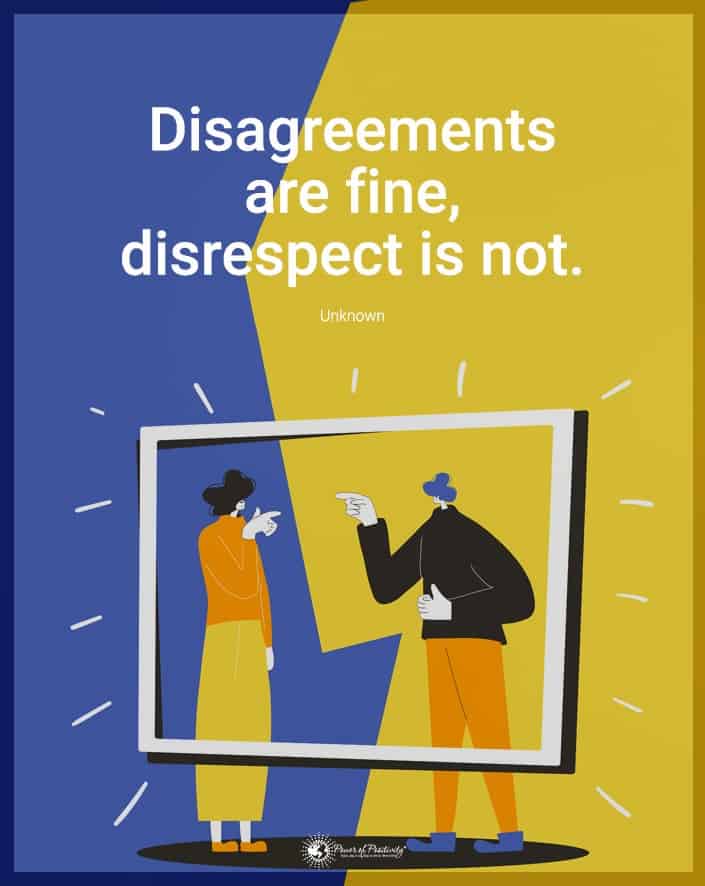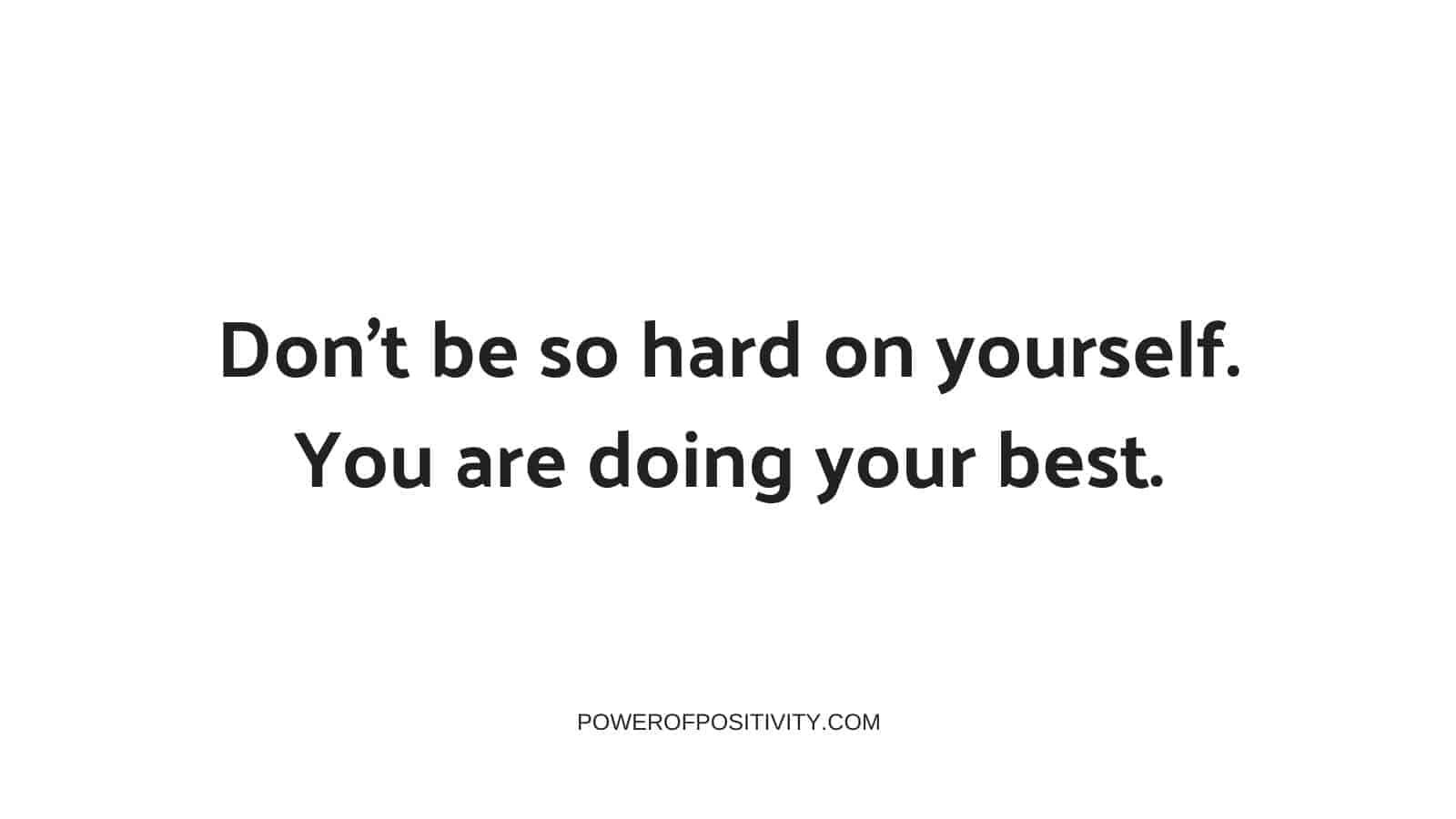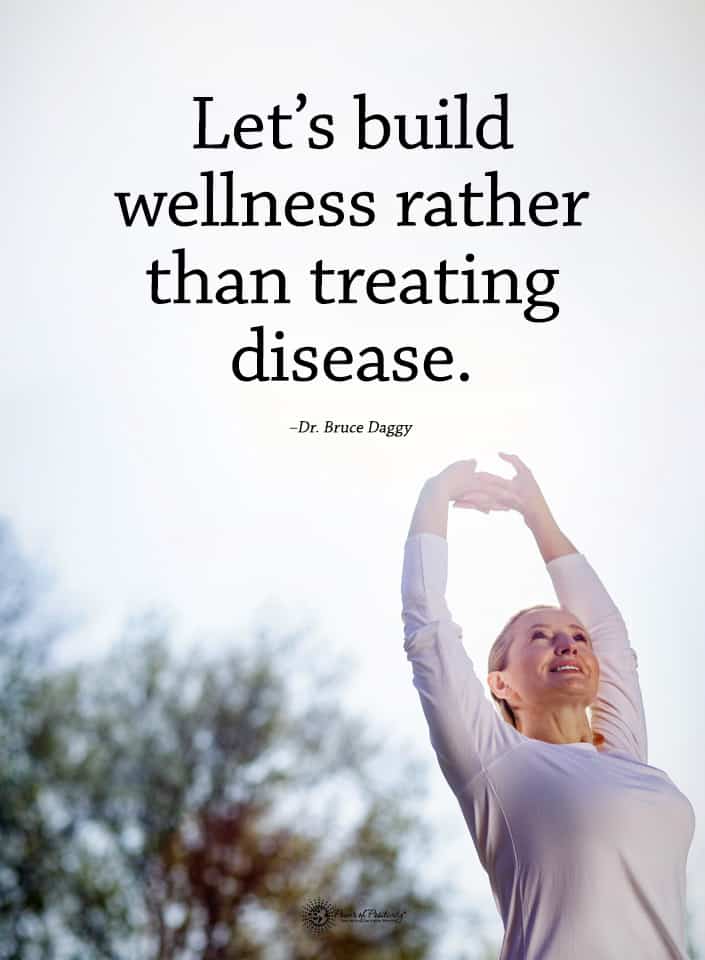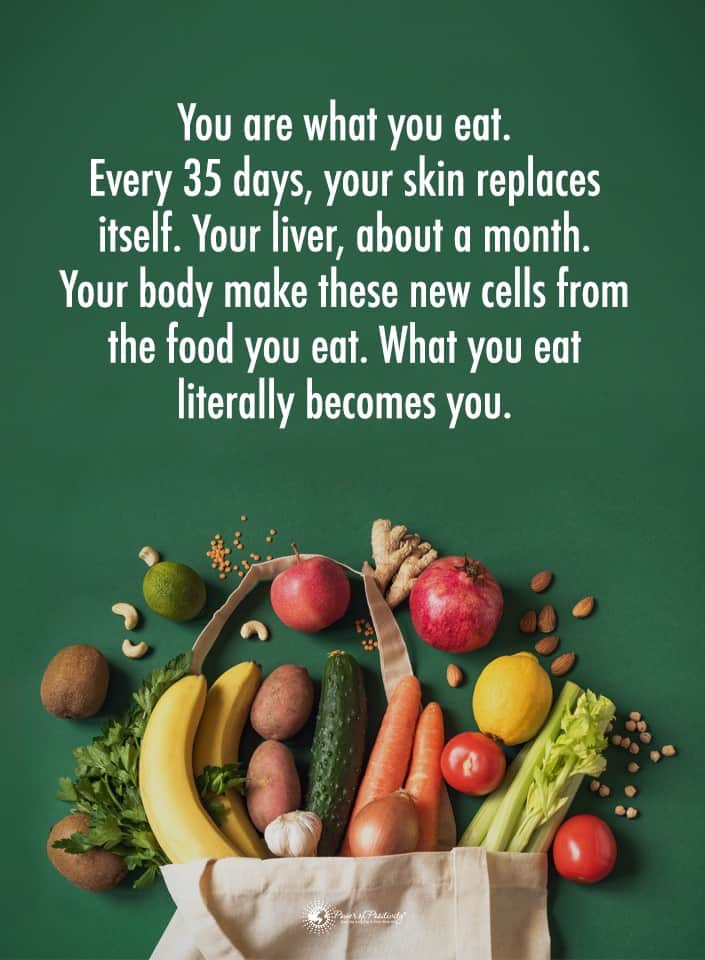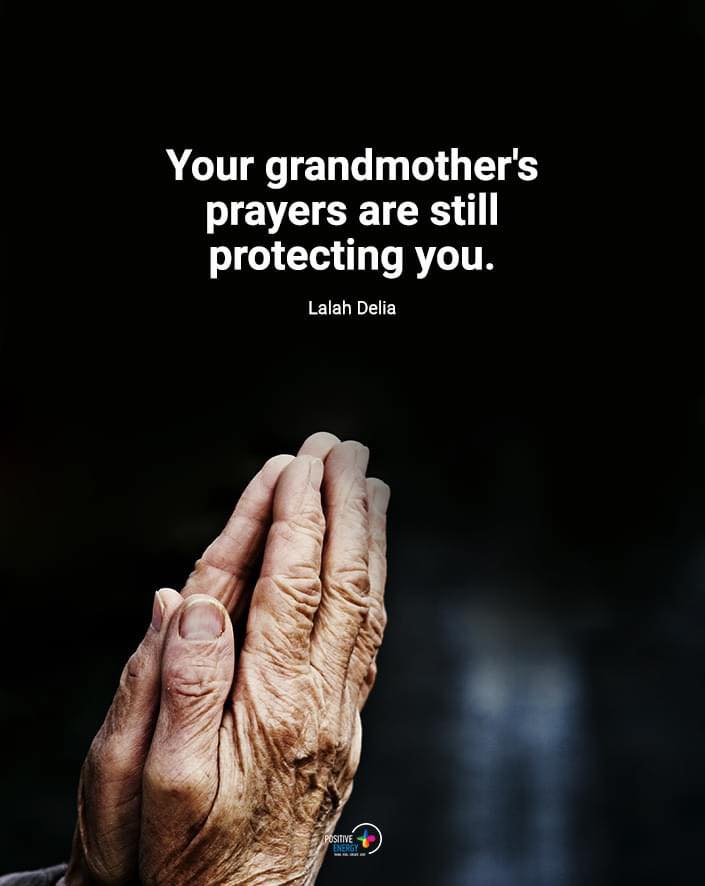Have you ever noticed that those entering relationships can become weaker? As it turns out, this isn’t an unusual phenomenon at all. Close romantic relationships can cause people to lose some of their resilience!
Resilience is the trait of emotional strength. More specifically, it’s a quality that lets you handle problems and bounce back from adverse situations. It’s a trait you shouldn’t lose – and especially not in a relationship! Here are three ways relationships can affect your resilience and ways to prevent it with three tips!
Three Ways Relationships Can Affect Your Resilience
Negative relationships can harm you in ways that perhaps you didn’t consider.
1. Uneven Dependency
Relationships require some form of equality. While a perfectly even, calculative split isn’t strictly necessary, parties must put in similar levels of effort and care to achieve a happy relationship. But when that doesn’t happen, you find yourself in a situation where the dependency levels of each partner are uneven. This neediness can harm your resilience as much as it damages the relationship. Here are some ways that this happens:
· Too Much Responsibility
You and your partner are grown adults. While you can and should be able to rely on each other in difficult times, there must be equality. If you become overly responsible for your partner, they can neglect themselves and their behavior while you scramble to care for them, make excuses, and explain things on their behalf. The more you try to “save” a partner, the worse your resilience will get as you tire yourself out and your partner gets all the attention.
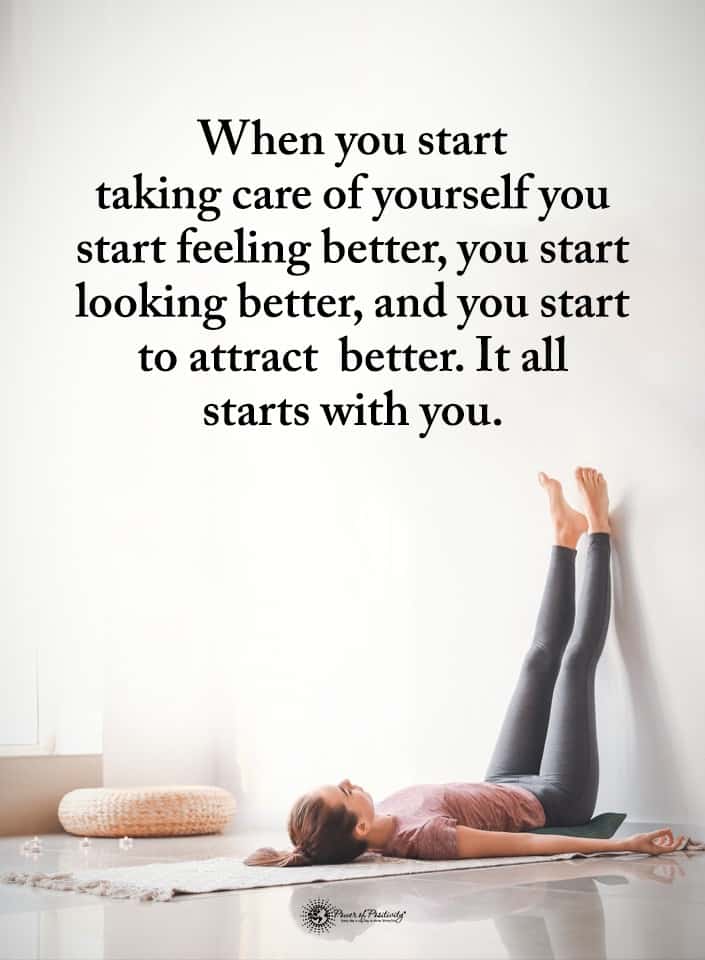 · One-Sided Relationships
· One-Sided Relationships
In a one-sided relationship, you may feel like you do all the work, provide all the support and validation, and need to walk on eggshells and apologize a lot to your partner. On the flip side, they never seem to have to do that and are avoidant, disengaging from any requests for support and never putting in much effort for the relationship’s sake. Being in a notably one-sided relationship can make you tired, emotionally fraught, stressed out, and insecure, which, naturally, weakens your resilience levels.
· Financial Dependency
There is nothing wrong with being a single-income partnership. One person becomes the financial provider of a relationship and provides in other ways, such as caring for the house or your children. But economic dependency can work against you because, unfortunately, money makes the world go round! Feeling trapped or controlled due to your lack of personal funds – even when your partner doesn’t intend to make you feel that way – can significantly damage your positive thinking and resilience.
2. Expressive Suppression
It takes equal effort, communication, honesty, and trust from all parties involved to promote relationship satisfaction in all relationships. If you fail to communicate what you think and feel, you’re exhibiting a quality known as expressive suppression. It is common among those who:
- Struggle with emotional openness and tend to be closed off
- Are afraid of “burdening” their partner with complex or difficult topics and feelings
- Feel the need to hide certain emotions, desires, and thoughts from their partner
Expressive suppression can often be a defense mechanism, and the person performing that trait often believes that their suppression benefits the relationship. Unfortunately, the inverse tends to be accurate, and the quality and satisfaction in the partnership can deteriorate as a result. In addition, expressive suppression can very commonly affect and harm resilience levels, decreasing positive thinking to a breaking point. Here’s how this happens:
· Suppressing Emotions Makes Them Worse
When you suppress your emotions, especially those related to your relationship, you have to handle the mental strain of keeping them to yourself and controlling them when you want to spill them. The more you do this, the stronger those emotions can build up. A study published in the International Journal of Psychotherapy Practice and Research indicates that emotional repression can negatively affect your health and well-being from both a physical and mental standpoint – and it makes the initial feeling much worse. It’s easy to see how that damages your resilience!
· Your Needs Can’t Be Met
If you suppress the expression of your feelings, thoughts, and desires, your partner can’t meet your needs or seek a compromise with you, so you are fulfilled. Your partner can’t read your mind, after all. While they ponder over what’s wrong, your emotions will grow, and your needs will become progressively more urgent, and they can’t and won’t be met! This can fray your nerves, increase stress levels, and make you more prone to adverse reactions as your resilience decreases.
· Problems Can’t Be Solved
Resilience refers to the ability to bounce back from adverse events, solve problems, and manage obstacles. In a relationship, all involved partners need to communicate to tackle complex issues. If you don’t share and instead suppress your emotions, you’ll be unable to tackle stressful situations well and can become very negatively affected by them.
3. Defining Yourself By A Relationship
A relationship is a huge part of someone’s life, especially if it’s a serious one or one that involves bringing your life together, sharing a house, or raising children. But to become defined by your relationship is to harm your resilience. Here’s how this happens:
· Losing Individuality
Sometimes, people forget they need to be independent individuals outside their relationships. This is especially true in long-lasting relationships when you’ve been together for a long time. It’s easy to become so used to being a couple that you forget to be your own person, too. You can become so accustomed to your partner’s presence that you cannot function well without them, so your resilience is harmed.
· Feeling “Completed” By A Partner
Popular culture and media both romanticize the concept of finding your “missing piece” or your “better half.”
While the sentiment is sweet and can be harmless and cute if not taken too seriously, the concept at its core can be damaging. Feeling completed by a partner means you would feel empty without them. Of course, it’s easy to see how your resilience may be damaged if you can’t be with your partner or the relationship ends for any reason.
· Lacking Boundaries
Boundaries are essential even in the most intimate relationships. But some people who define themselves by their partner may believe that limitations are “offensive” to each other. “Why should there be boundaries between us if we love each other this much?” is something you might say in this scenario. But boundaries are essential to mental health, personal wellbeing, and resilience. Without it, your stress levels will rise, and your positive thinking will drop.
· Staying When You Shouldn’t
A relationship that begins positively can turn ugly quickly. Sometimes, a partnership you thought was beautiful can blindside you with toxicity. Those who define themselves by their relationship may refuse to leave the unhealthy situation, even when it becomes clear that the problem cannot improve. The association is all they have, so they can’t find a way to detach themselves, and they wind up getting increasingly downtrodden every day.
 How To Prevent Your Relationships From Affecting Your Resilience
How To Prevent Your Relationships From Affecting Your Resilience
Here are some ways to improve your relationships.
1. Communicate
Communication is a crucial, critical component of a relationship. Without it, a connection is doomed to fail. Open channels of positive communication between you and your partner for topics such as:
- Needs and desires in the relationship
- Problems and issues noticed in the relationship
- Difficult emotions and thoughts
- Fears and anxieties
- Simple information regarding tasks and facts that each partner needs to know
Positive communication is important for getting messages across in an effective and workable way. Tips for positive communication include:
- Using “I” language such as “I feel” and “I think” instead of “You” language like “You always” or “You did this” allows for a less accusatory and more compassion-led discussion.
- Take the time to listen to your partner just as much as you talk and seek to understand them first instead of proving that you’re “in the right” in an argument.
- Maintaining respect for your partner at all times by never using insults or bad faith arguments against them. So steer clear of any boundaries that your partner has set up, and use compassion and empathy in discussions.
2. Don’t Stop Being Yourself
A lot of a lack of resilience in a relationship comes from losing aspects of yourself to that partnership. If you keep on being the self that you were before the relationship – with room to grow and improve, of course – you’ll be able to maintain resilience, too. Here are some tips to continue being yourself:
· Carve Out Me-Time
Spend some time apart from your partner every so often, during which you can indulge in hobbies and activities that you want to do. It’s an excellent chance to stop doing only things that your partner likes, and it’s a crucial part of regular self-care! You and your partner should both make sure to have your own space and time, respecting each other in the process.
· Think Critically For Yourself
Many partners think it’s important to share common opinions and ideals with their significant other – and that’s a good thing! But don’t forget that it’s still okay to form your ideas. Respecting specific non-deal-breaking differences in perspective is vital for a healthy relationship and for maintaining your resilient backbone and thinking skills.
· Have Your Own Friends
Sharing all your friends with a partner can cause your lives to become a little too deeply intertwined. Having some mutual friends is excellent, but you do need your social circle or circle of support, too! A unique source of support will allow you to draw strength and resilience from the positive interactions you share with them. Besides, you won’t lose that support if anything happens to the relationship.
3. Love Yourself
When you love yourself, your insecurities and desire to define yourself by your partner melt away, you’ll feel more comfortable expressing your emotions, you won’t compare your relationship to other peoples’, and you won’t need constant validation from your partner.
This also means knowing when you deserve better. If a relationship becomes toxic and nothing has worked to help it improve. Instead, it may simply be time to leave that relationship behind. It can be a difficult decision at first, but knowing how to detach and progress in your life is vital to maintaining resilience.
This isn’t to say that you should always be ready to bolt at the first sign of trouble. Instead, it means knowing that if you are being treated poorly, you’ll be much better off without that adverse treatment and are strong enough to leave and heal.
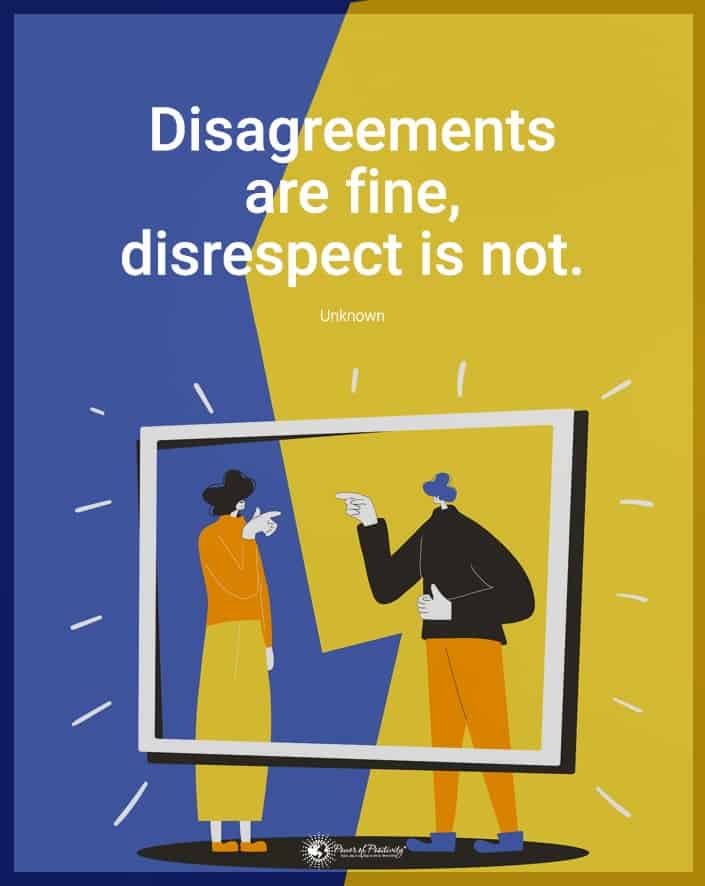 Final Thoughts On Some Ways To Prevent Relationships From Affecting Your Resilience
Final Thoughts On Some Ways To Prevent Relationships From Affecting Your Resilience
Relationships should make you stronger, not weaker, and you should continue being brave and bold with or without your partner. Don’t let yourself fall into place where your resilience is harmed by the partnership you have formed!

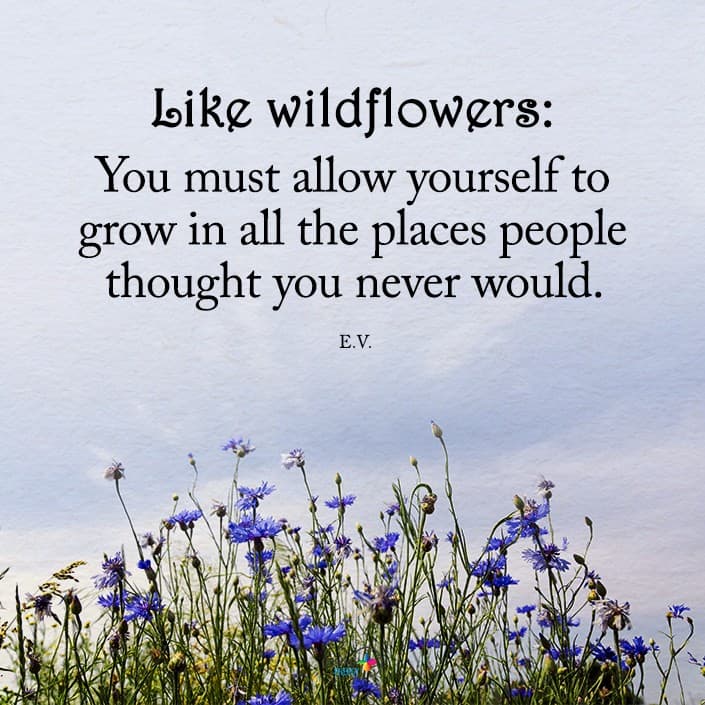 So how can you stop doubting yourself in your day-to-day life?
So how can you stop doubting yourself in your day-to-day life? · Assess New Information
· Assess New Information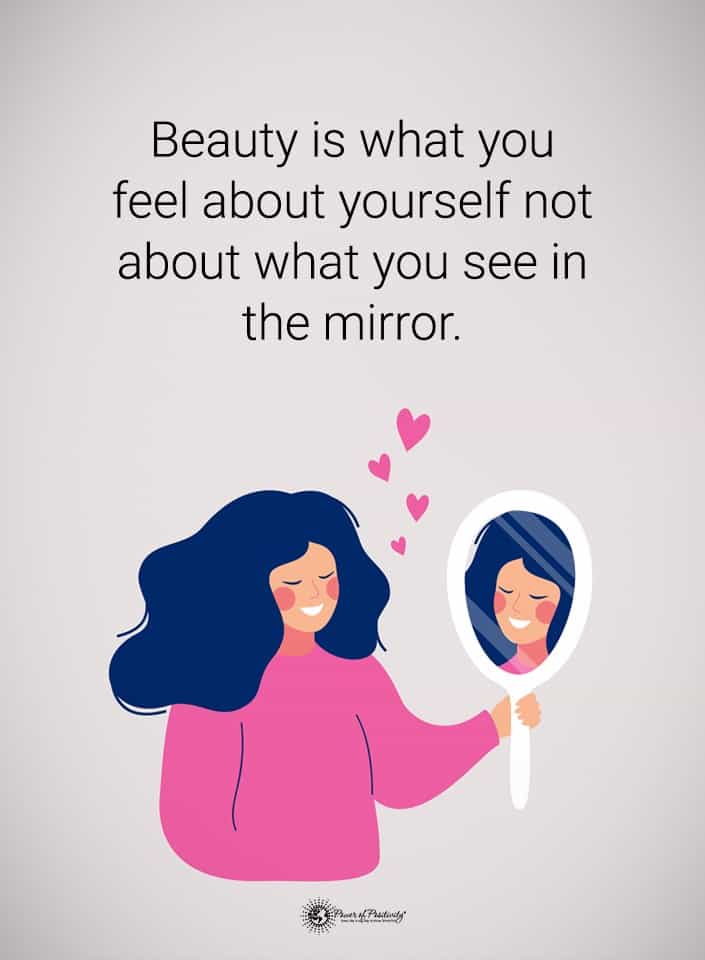 Final Thoughts On How To Stop Second-Guessing Yourself
Final Thoughts On How To Stop Second-Guessing Yourself
